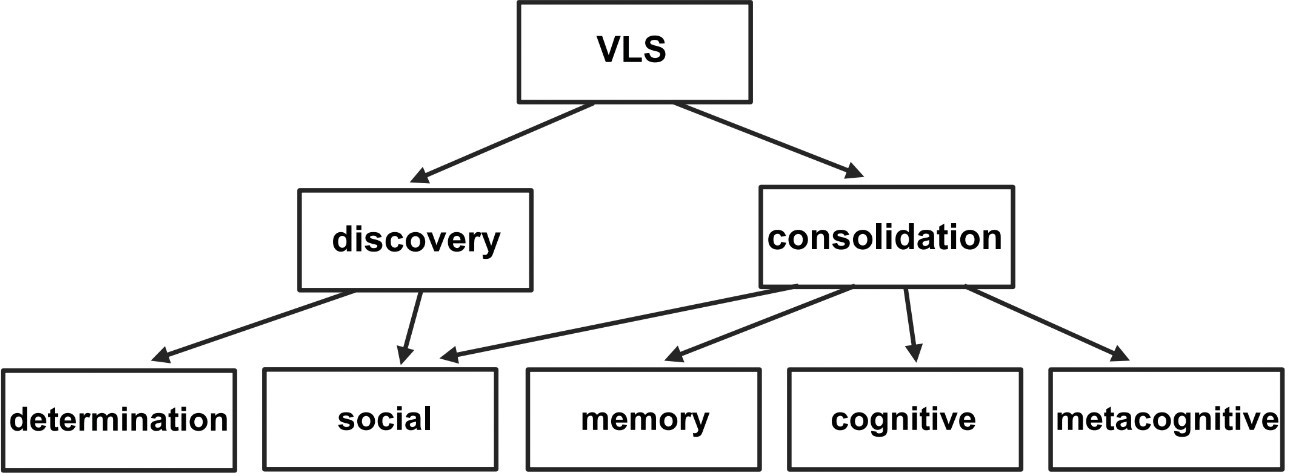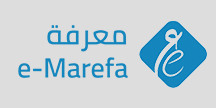Teaching Vocabulary Learning Strategies to Kurdish EFL University Students
DOI:
https://doi.org/10.21271/zjhs.27.SpB.25Keywords:
Teaching, Vocabulary Learning Strategies, EFL LearnersAbstract
Vocabulary development is a crucial component of learning a foreign language. Hence, teachers’ knowledge of the optimal instructional practices for teaching vocabulary is of prime importance. The aim of the current paper is to (a) examine the effectiveness of teaching vocabulary learning strategies on improving Kurdish EFL students’ vocabulary (b) find out the extent to which teaching vocabulary learning strategies improves students’ vocabulary. To achieve these aims a quasi-experimental design was used. Eighty (80) second year students selected at college of Basic Education/ Salahddin University for the study. The participants took a Vocabulary Level Test (VLT) to measure their vocabulary knowledge and a pre-posttest, which were designed by the researcher depending on the students’ scores in VLT. In this study, the researcher used paired samples t-test to analyze the collected data. Based on the results, it was found out that there is a significant difference between the students’ outcomes after introducing the VLS. The vocabulary performance level of the experimental group participants increased significantly at the end of the vocabulary training course. However, the control group had a slight improvement in the posttest. These strategies are recommended as reading comprehension and vocabularies teaching techniques based on the findings of the current study.
References
-Asgari, A. and Mustapha, A. B. (2011). The Type of Vocabulary Learning Strategies Used by ESL Students in University Putra Malaysia. English Language Teaching 4(2): pp 84-90.
-Baker, J., & Westrup, H. (2000). The English language teacher’s handbook: How to teach large classes with few resources. London: Continuum.
-Berne, I & Blachowicz C. (2008). What Reading Teachers Say About Vocabulary Instruction: Voices from the Classroom: The Reading Teacher. Vol.62. pp314-323.
-Burns, A. (1999). Collaborative Action Research for English Language Teacher. Cambridge: Cambridge University Press.
-Coady, J. & Huckin, T. (1995). Second Language vocanular Acquisiton. UK: Cambridge University Press.
-Intaraprasert, C. (2004). EST students and vocabulary learning strategies: A preliminary investigation. Unpublished research, Suranaree University of Technology, Nakhon Ratchasima, Thailand.
-Nation, I. S. P. (2001). Learning Vocabulary in Another Language. Cambridge: Cambridge University Press.
-Nyikos, M. and Fan, M. (2007). A Review of Vocabulary Learning Strategies: Focus on Language Proficiency and Learner Voice.
-Nunan, D. (1991). Language Teaching Methodology: A Textbook for Teacher. Upper Saddle River, NJ: Prentice Hall.
-Rubin, J., & Thompson, I. (1994). How to be a more successful language learner: Toward learner autonomy: Journal of English Education and Teaching (JEET) Vol.1. No.1.2017 95 (2nd ed.). Boston, MA: Heinle & Heinle.
-Thornbury, S. (2002). How to Teach Vocabulary. UK: Pearson Education Limited Longman.
-Ur, Penny. (1998). A Course in Language Teaching Practice and Theory: Australia Cambridge University Press.
-Wright, T. S. & Cervetti G. N. (2016). A Systematic Review of the Research on Vocabulary Instruction That Impacts Text Comprehension; Reading Research Quarterly, vol. 0, pp. 1-24, 2016.

Downloads
Published
How to Cite
Issue
Section
License
Copyright (c) 2023 Rezhna Ibrahim Ali, Anjumen Muhammad Sabir, Qismat Muhammad Zahawi

This work is licensed under a Creative Commons Attribution-NonCommercial-ShareAlike 4.0 International License.
Except where otherwise noted, content on this site is licenced
under a Creative Commons Attribution License 4.0 (CC BY- 4.0)









